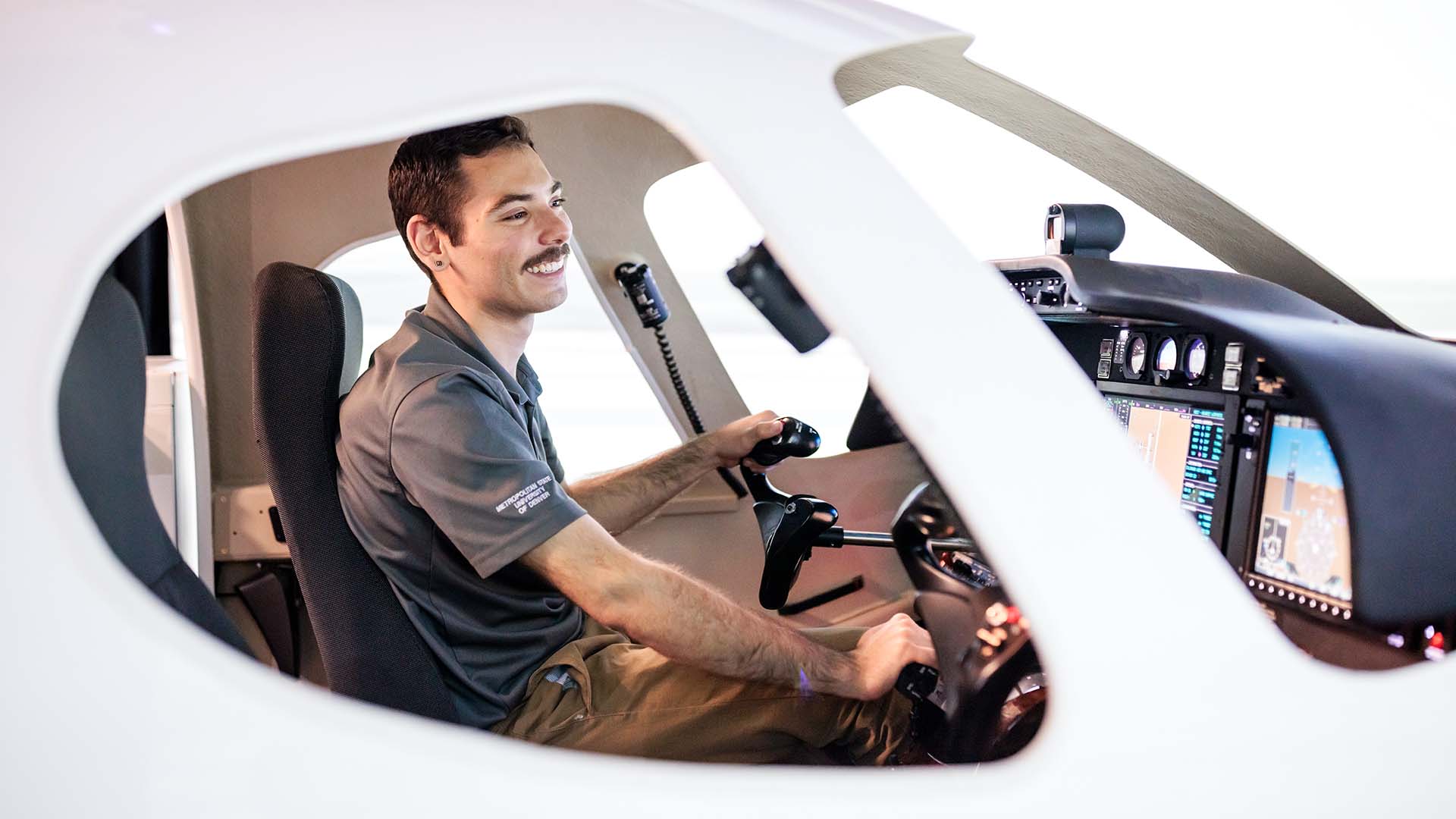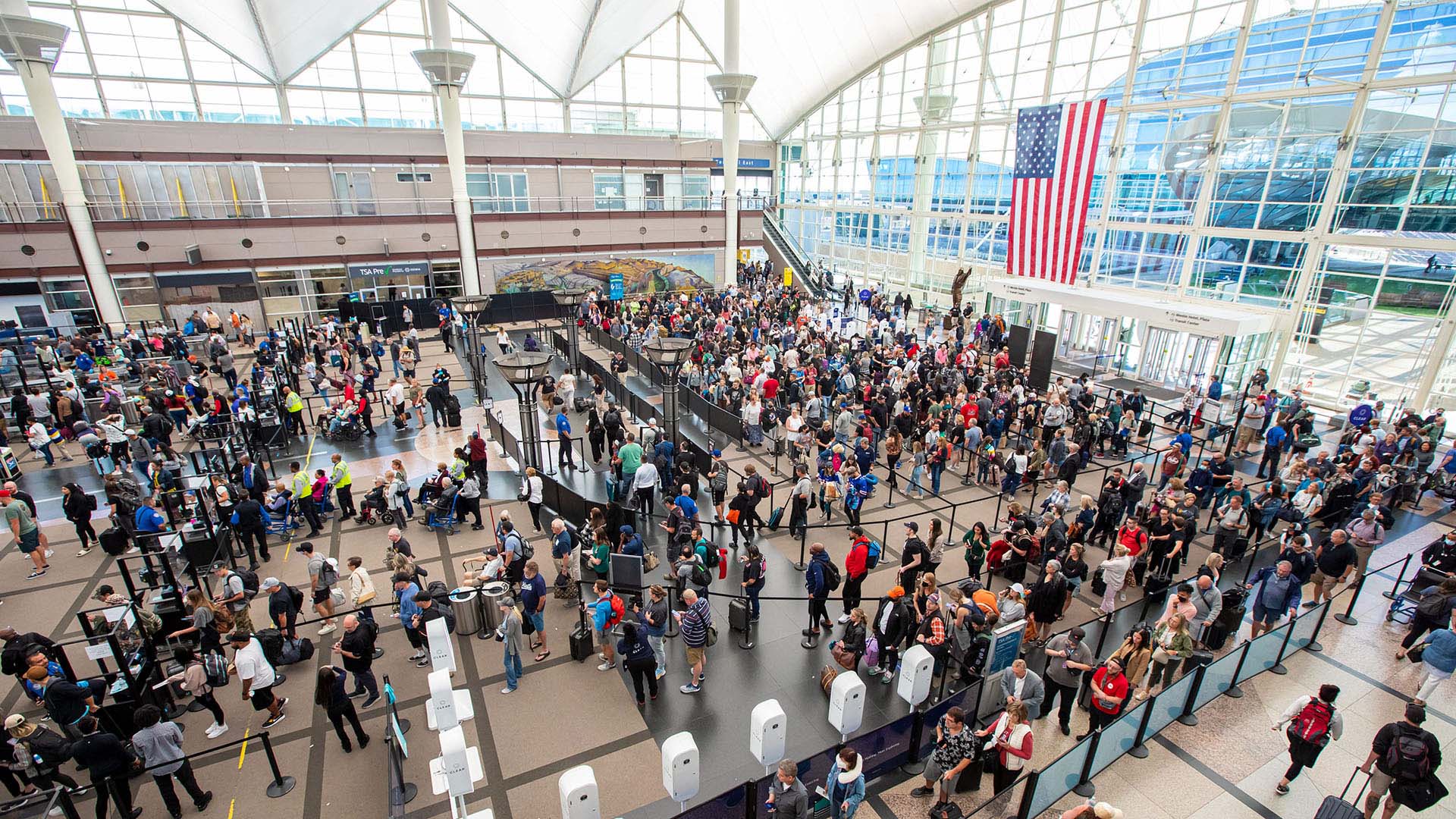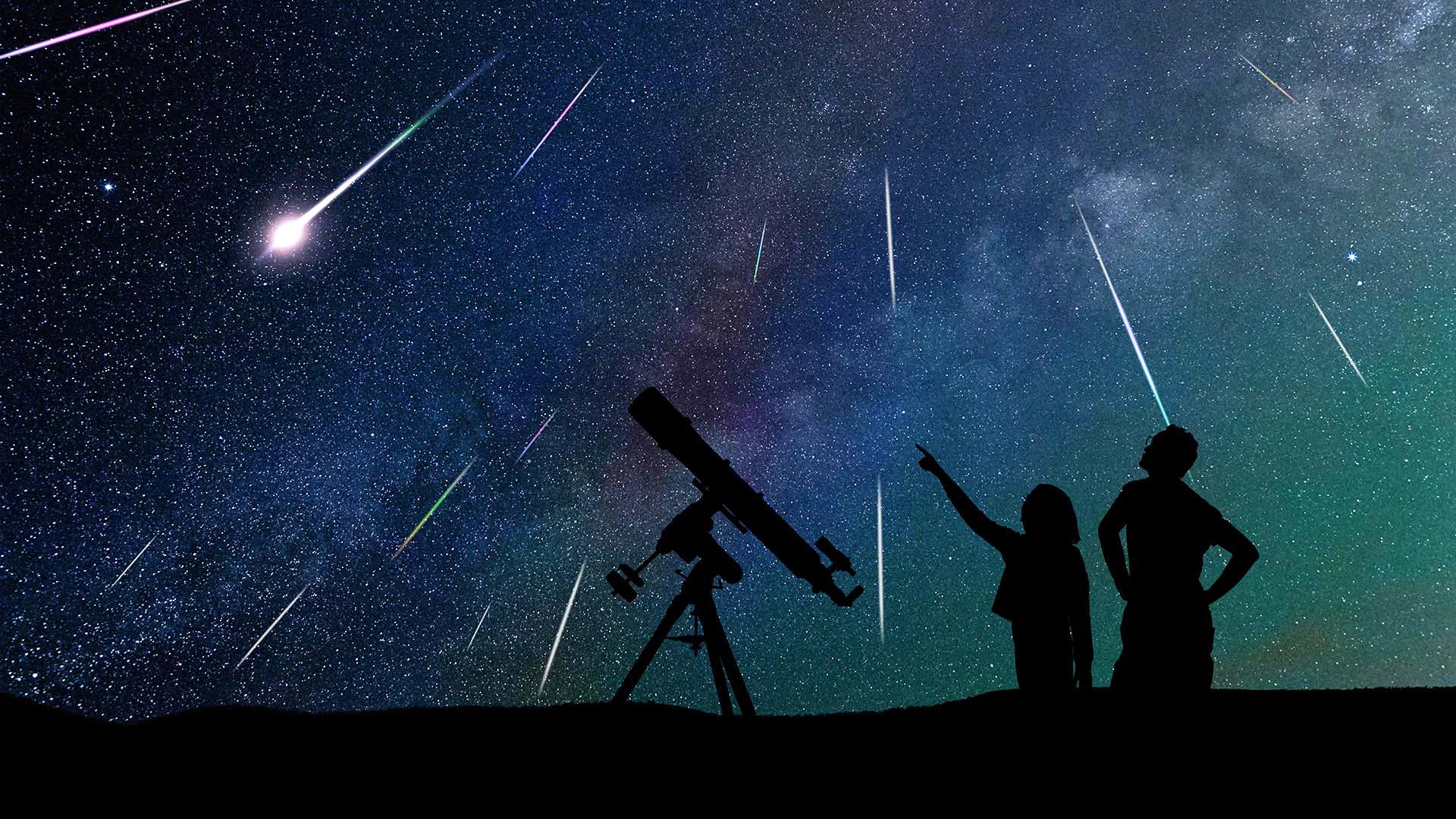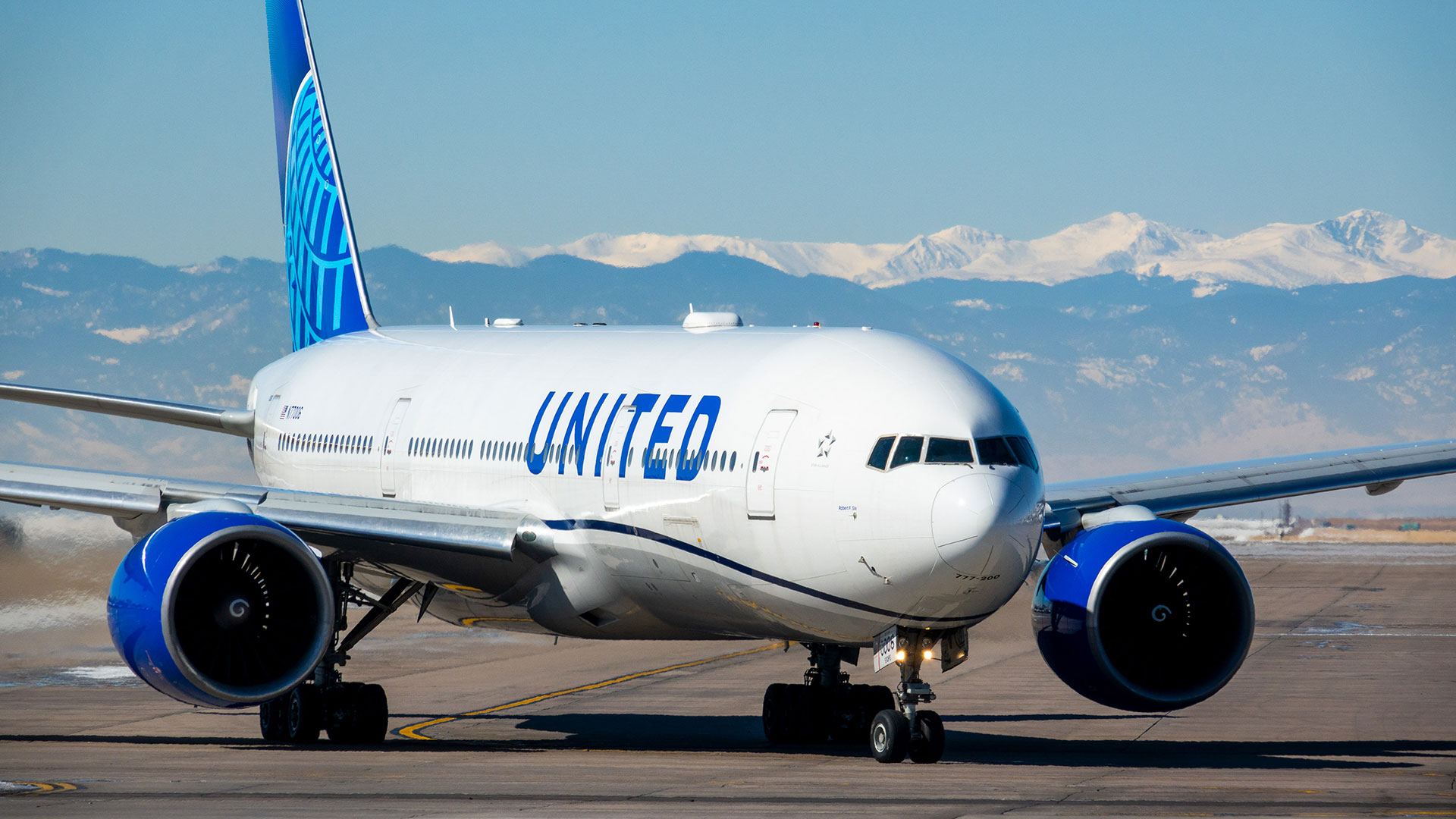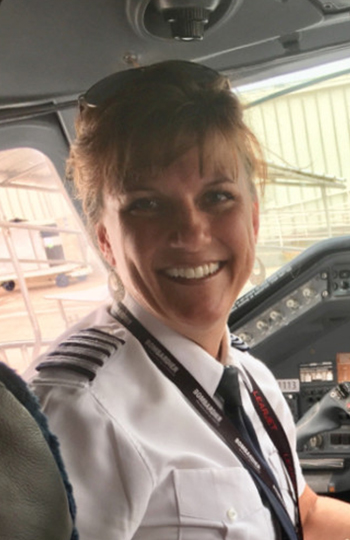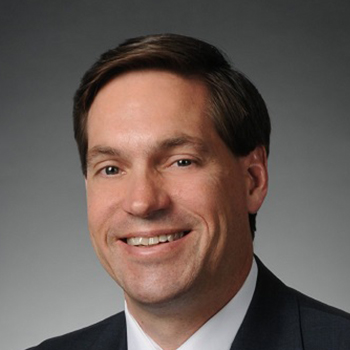Ready for blastoff
Colorado's $15B aerospace industry is set to hit new heights in 2019.
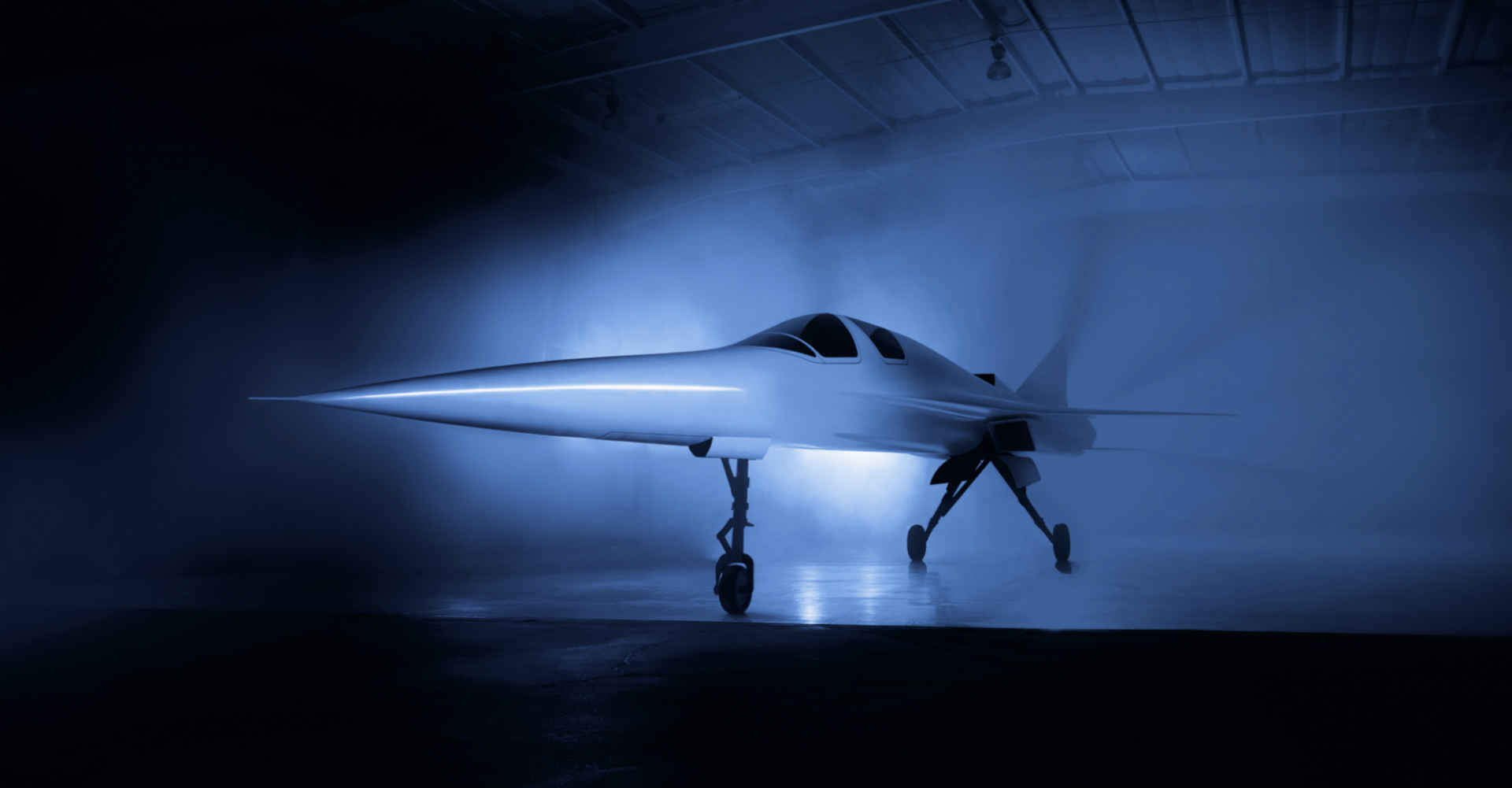
Colorado’s aerospace industry is a booster rocket for the state’s economy.
Not including classified military activity, the aerospace industry’s economic impact in the state is at least $15.4 billion, said Retired Air Force Maj. Gen. Jay Lindell of the Colorado Office of Economic Development and International Trade. That makes the state’s aerospace economy the second-largest in the country, behind that of California.
Lindell, whose official title with the state is “Aerospace and Defense Industry Champion,” tracks those industries and helps guide stakeholders toward state policy consensus. Colorado’s “vast small-business supply network” helps support big contractors, he explained, adding up to the country’s highest percentage of private aerospace employment per capita.
How high will the aerospace industry – and the universities that fuel its workforce – lift the Colorado economy in 2019? Here’s your guide to the upcoming year in air and space in the Centennial State.
SPACE VISION
Space data analytics and visualization will be a 2019 focus for Metropolitan State University of Denver’s Department of Aviation and Aerospace Science, said Chair and Professor Jeffrey Forrest, Ph.D. That new focus involves “looking at data from space vehicles and improving predictive capabilities by employing various data-visualization tools,” he said. Being introduced in cooperation with the University’s industry partners, the tools and software coming online will be viable for use in several classes, he said, and the department is developing a dedicated class in the subject as well.
POWER MOVES
MSU Denver and York Space Systems have been partners since 2017, when the firm specializing in complete space-segment customer solutions and the manufacture of small and medium-class spacecraft established an innovative manufacturing facility in the University’s Aerospace and Engineering Sciences building. In 2019, the partnership is taking on the challenge of powering satellites through a new classroom-based project to design new spacecraft batteries. York Space Systems founder and CEO Dirk Wallinger told CBS4 that he hopes the partnership will create the future of satellite technology. “It was a strong desire for us to work with a local university to help produce the best students. Hopefully, to produce the type of students we would want to hire,” he said.

EARTH VIEWS
Satellite batteries aren’t the only new tech York Space Systems wants to put on the launchpad in 2019. The company could celebrate its first launch in 2019, depending on launch-provider schedules. York built the small satellite “bus” that will take Finnish startup ICEYE’s X3 high-resolution, synthetic-aperture radar (SAR) sensors to space. ICEYE will provide near-real-time SAR data that analysts can reconstruct to create detailed Earth images. Research and spaceflight operations supporting York’s mission will also be conducted out of MSU Denver’s Aviation and Aerospace Science program.

COMMERCIALIZED SPACE
Heather Bulk, Special Aerospace Services CEO, is convening government and industry leaders to get candid about the commercialization of space at the fourth Biennial Human Spaceflight & Exploration Forum being held Jan. 23-24 at Boulder’s St. Julien Hotel. The invite-only forum will look at the evolution of NASA exploration missions, Commercial Crew developments and the direction of a potential U.S. Space Force. Bulk is a member of the MSU Denver Foundation Board of Directors, and in 2019 SAS, an 8(a) woman-owned certified small business, is partnering with MSU Denver’s Department of Aviation and Aerospace Science on a plan to develop new space systems under Small Business Technology Transfer grant programs.
JOIN THE CAUCUS
Colorado’s legislative session launched Jan. 10, ringing in the opportunity to attend or address the Colorado General Assembly’s Aerospace and Defense Caucus, a group of state legislators who advocate for and raise awareness of those two industries. The group meets monthly to provide a forum for discussion and action on key aerospace topics such as space exploration, cyber and workforce. For more information on caucus meetings, contact Vicky Lea of the Colorado Space Coalition.
ALL SYSTEMS GO
The Colorado Air and Space Port gets new branding and signs in 2019 — not to mention a 30-plus-hangar expansion — after receiving a license from the Federal Aviation Administration in 2018 to operate as a spaceport. Most of the new aircraft hangars are already spoken for by private pilots, said Dave Ruppel, director of the Adams County-owned Air and Space Port east of Denver. The plan includes more development on the aviation side and ultimately the facilities to launch dual-propulsion spacecraft that would take off and land with jet engines — like the rest of the aircraft in the vicinity of Denver International Airport — and then fire rocket engines when they get above busy airspace.

SUPERSONIC FLIGHT RETURNS
Centennial-based Boom Supersonic kicked off 2019 by announcing it had raised $100 million in Series B financing to advance work on Overture, “the world’s first economically viable supersonic airliner,” according to Blake Scholl, the firm’s founder and CEO. The company expects the plane to begin passenger service in the mid-2020s. But first, Boom will finish and test-fly itsXB-1 Supersonic Demonstrator this year to test its supersonic flight technologies such as advanced composite materials, aerodynamics and its propulsion system. The one-third-scale manned prototype of the Mach-2.2 airliner will be flown by chief test pilot Bill “Doc” Shoemaker; if successful, the plane will be the first independently developed supersonic jet and the fastest civil aircraft ever built, according to the company. With business booming, Boom said it also plans to add more than 100 new employees in 2019.

CHASING SPACE DREAMS
Louisville-based Sierra Nevada Corp. Space Systems wrapped 2018 by announcing it had received the go-ahead from NASA to launch full production of the autonomous Dream Chaser space plane, which is scheduled to start delivering cargo to the international space station as soon as 2020. The cargo-servicing design includes a disposable external cargo module meant to burn up in the atmosphere after dropping off goods, while the Dream Chaser vehicle glides back to Earth just like the space shuttles of yore.

BACK IN ORBIT
United Launch Alliance may have the most important mission ahead for a Colorado space company in 2019. Centennial-based ULA’s Atlas V rockets are scheduled to carry Boeing’s Crew Space Transportation-100 Starliner into orbit this year on its first two missions: an uncrewed test flight set for March and a crewed flight for August. The spacecraft is intended to carry up to seven astronauts and cargo to the international space station as part of NASA’s Commercial Crew Program. Boeing and SpaceX have privately owned capsules headed for the ISS under the Commercial Crew Program, which helped fund the respective capsules’ development. SpaceX is scheduled to launch a crew two months earlier in its Dragon capsule via its own Falcon 9 rockets. The company that launches U.S. astronauts to space first will be the first to do so from U.S. soil since the space-shuttle fleet was retired in 2011.

MEET AND GREET
Join Colorado’s public- and private-sector aerospace leaders March 11 at the Capitol for Aerospace Day 2019. Sign up here to attend.
COME TOGETHER
Space Symposiumreturns to the Broadmoor resort in Colorado Springs on April 8-11. Now in its 35thyear, the annual conference is organized by the nonprofit Space Foundation and strives to represent all sectors of the space economy, research institutions, governments and militaries, and the world’s spacefaring nations.

DISCOVER MORE
In addition to the yearly Space Symposium, the Space Foundation runs a Discovery Center education complex in Colorado Springs, featuring the El Pomar Space Gallery, Northrop Grumman Science Center and Lockheed Martin Space Education Center. In 2019, it will triple in size thanks to a $1.9 million donation from Grapevine Investments. The foundation bought new space adjoining its existing Discovery Center, bringing the center’s total square footage from 45,716 to 131,035 for more learning labs, exhibits and educational programming.
COMPLETING THE CONSTELLATION
The first of 32 GPS III satellites being built on the factory floor at Lockheed Martin Space near Denver took up its position in medium Earth orbit in late 2018, with the second planned for 2019. GPS III is the newest generation of Global Positioning System satellites, designed to be three times as accurate as prior GPS satellites. Air Force Space Command operates the GPS constellation from Schriever Air Force Base near Colorado Springs, all combining for what Lindell describes as “immeasurable impact” in the state.
CELEBRATE APOLLO 11
Denver’s Wings Over the Rockies Air & Space Museum is planning a week of events in July to celebrate the 50thanniversary of the Apollo 11 moon landing. Plans include seminars, presentations, educational activities and an “astronaut brunch.”

MAKE THE CONNECTION
Jefferson County Economic Development Corp. launches the fourth annual Aerospace and Defense Small Business Industry Day on Aug. 1. Small businesses learn about how to win contracts and work with the large “prime” government contractors in Colorado; and attendees get to pitch their companies in roundtable matchmaking sessions.
ENGAGE
The Rocky Mountain Section of the American Institute of Aeronautics and Astronautics’ Annual Technical Symposium is a daylong event each fall. The date remains TBD, so be on the lookout for the 2019 announcement. The symposium includes speakers, exhibitors and research presentations on flight, spaceflight, space science, advanced manufacturing, employment and higher-education issues.
GO SUBORBITAL
The Commercial Spaceflight Federation and Boulder’s Southwest Research Group are bringing back the Next-Generation Suborbital Researchers Conference in December for researchers and educators interested in reusable suborbital vehicles.

